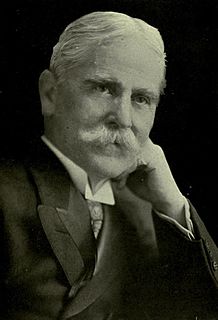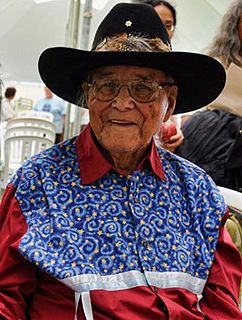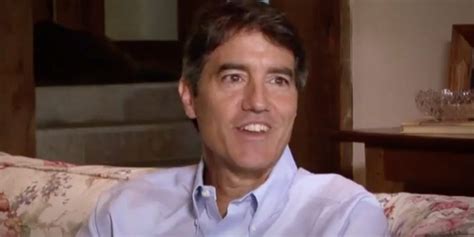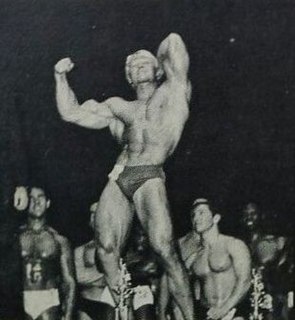A Quote by Henry Van Dyke
As long as habit and routine dictate the pattern of living, new dimensions of the soul will not emerge.
Related Quotes
A fixed habit is supported by old, well-worn pathways in the brain. When you make conscious choices to change a habit, you create new pathways. At the same time, you strengthen the decision-making function of the cerebral cortex while diminishing the grip of the lower, instinctual brain. So without judging your habit, whether it feels like a good one or a bad one, take time to break the routine, automatic response that habit imposes.
In the time of the seventh Fire new people will emerge. They will retrace their steps to find what was left by the side of the trail long ago. Their steps will take them to the Elders, who they will ask to guide them on their journey. But many of the Elders will have fallen asleep. They will awaken to this new time with nothing to offer. Some of the Elders will be silent out of fear. But most of the Elders will be silent because no one will ask anything of them.
Set realistic goals short and long term.
2. Plan an orderly and thorough routine to train the entire body.
3. Make a commitment to stick to your routine for four to six weeks to realize the changes and benefits, develop perseverance and create a habit.
4. Establish enthusiasm for your training, the driving force to perform successfully.
5. Ease into an appropriate training program with a wholesome, thoughtful nutritional plan: proper foods, amounts and order of consumption.
6. Be confident from the beginning that the application of these sound principles will produce the desired results.
I would say to my soul, O my soul, this is not the place of despair; this is not the time to despair in. As long as mine eyes can find a promise in the Bible, as long as there is a moment left me of breath or life in this world, so long will I wait or look for mercy, so long will I fight against unbelief and despair.





































